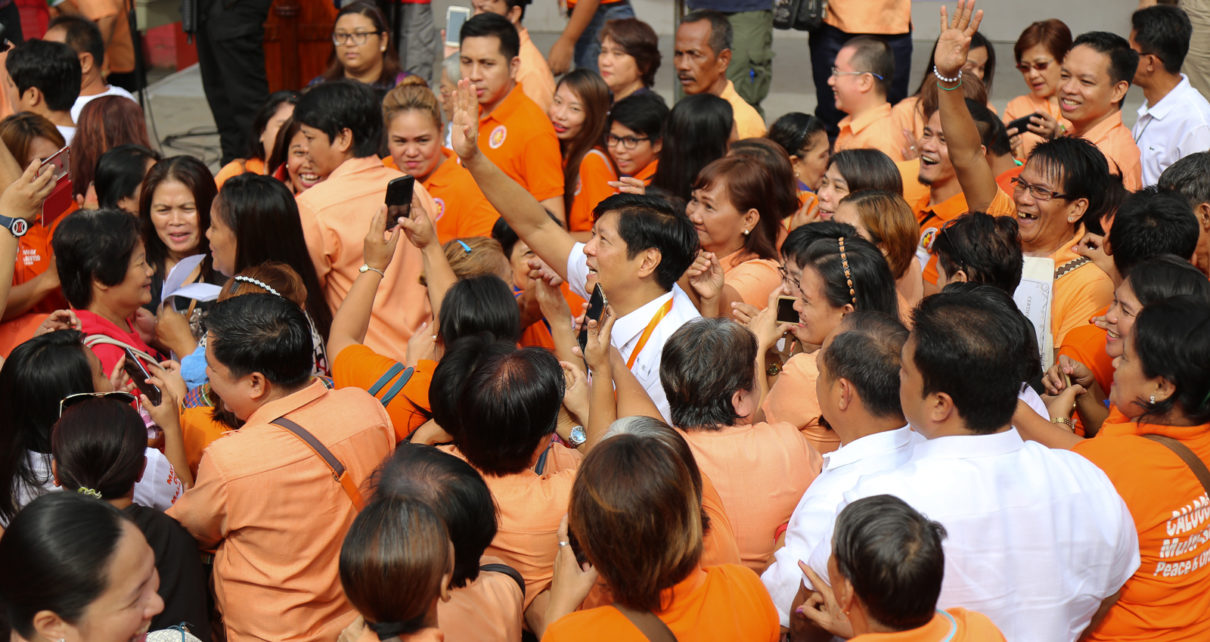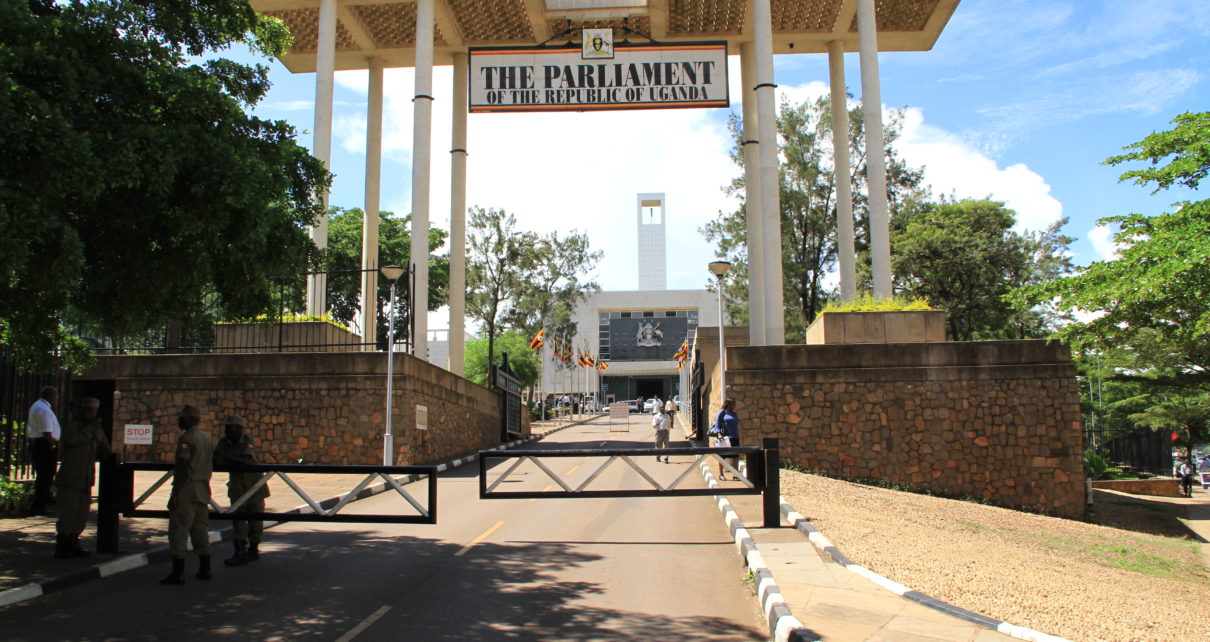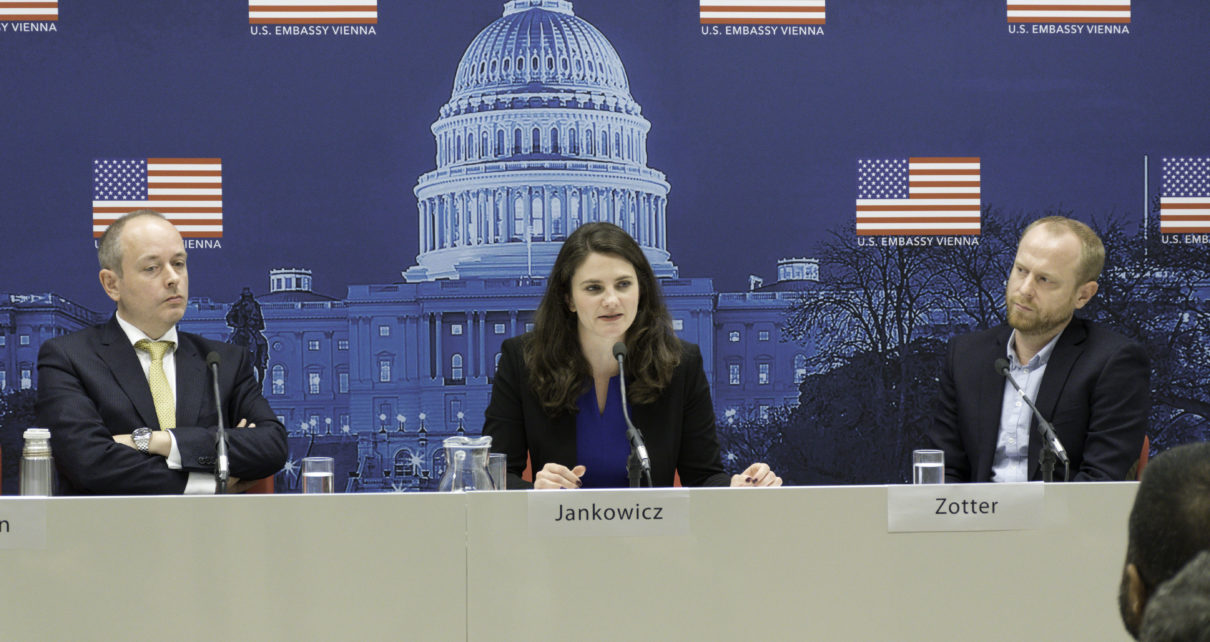How do stories shape domestic articulations of foreign policy? In this special report, Jack Burnham discusses how the narratives surrounding the rise of China and Japan shaped American foreign policy debates.
Centre For Disinformation Studies
The Centre for Disinformation Studies (CDS) is a nonpartisan research and public outreach wing of the NATO Association of Canada, created in April 2019. The goal of the CDS is to facilitate engagement between academics, government, and the public on the topic of disinformation or ‘fake news’. Although disinformation has long been an aspect of human communication, new technologies and a changing international landscape have pushed the idea of disinformation into public awareness in unprecedented ways. The spread of disinformation in recent years has been facilitated by the proliferation of online social networks and digital information-sharing platforms. These new technologies have eroded public trust in conventional sources of information and have helped spread skepticism towards science, academia, and democratic institutions.
The Centre for Disinformation Studies has two main objectives. The first is to provide an interdisciplinary platform for scholars from across the country and beyond to share and discuss research relating to the study of disinformation. The second objective of the CDS is to help disseminate academic research on disinformation to the public in an accessible and engaging manner. By directly engaging the public and helping to bridge the gap between academic research and societal perceptions, the CDS aims to improve the public’s ability to engage critically with information spread through new digital technologies. The CDS also works to strengthen Canadians’ cultural resiliency towards misleading information or conspiracy theories by providing resources to help the public navigate an increasingly confusing information landscape.
From the Internet to Ashes: Disinformation and the Tigray War
What does war in the Tigray region show about the future of disinformation in ethnic and regional conflicts? In this article, Jack Burnham discusses the role of gas-lighting and other information warfare techniques in the Horn of Africa’s most recent outbreak of hostilities.
No Better Friend, No Worse Enemy? The Marine Corps’ New Information Warfare Strategy
How does the US Marine Corps (USMC) intend to conduct information warfare over the coming decade? In this article, Jack Burnham discusses the USMC’s Force Design 2030 initiative and its focus on countering disinformation and operating in the Indo-Pacific region.
“A Splendid Little War” Great Power Competition, Disinformation, and the Spanish-American War
What is the relationship between disinformation and great power competition? In this essay, Jack Burnham discusses the legacy of the Spanish-American War and the “yellow press” through the lens of great power politics, and its lessons for contemporary policymakers.
Like Father, Like Son? Disinformation and the Marcos’ Legacy
How did Ferdinand Marcos Sr.’s son win power in the Philippines? In this article, Jack Burnham discusses the country’s recent presidential election, Ferdinand Marcos Jr.’s victory, and the role of disinformation in Filipino politics.
Deception, Deceit, and the Dictator’s Dilemma: Russia, Iraq, and Authoritarian Propaganda
Why is the propaganda of authoritarian regimes often so blatantly false? In this article, Jack Burnham discusses Russia’s disinformation campaign surrounding the emerging global food crisis across the Middle East and Africa, Saddam Hussein’s influence operations, and the politics of dictatorship.
Fighting Familiar Wars on Foreign Shores: Disinformation, the American Right, and Uganda
How can disinformation be used to stifle human rights? In this article, Jack Burnham discusses the connection between Uganda’s anti-homosexuality laws and the intervention of members of the American evangelical community.
House of Cards: The Suspension of the US’ Disinformation Governance Board
Why did the US Disinformation Governance Board fail? In this article, Jack Burnham discusses the ill-fated US Department of Homeland Security initiative, and the implications for addressing disinformation within democracies.
Repetition or Rhyming? HIV/AIDS, COVID-19, and Disinformation
Nearly forty years on and faced with another public health threat, what is the legacy of HIV/AIDS-related disinformation? In this article, Jack Burnham discusses the parallels between the HIV/AIDS and COVID-19 health crises and the proliferation of health-related disinformation during a time of great power competition.
Selling Stories by the Side of the Rio Grande: Immigration, Disinformation, and US Border Policy
How effective has the US been in countering falsehoods aimed at migrants from South America? In this article, Jack Burnham discusses how disinformation contributes to immigration northwards, and the Biden administration’s response.










